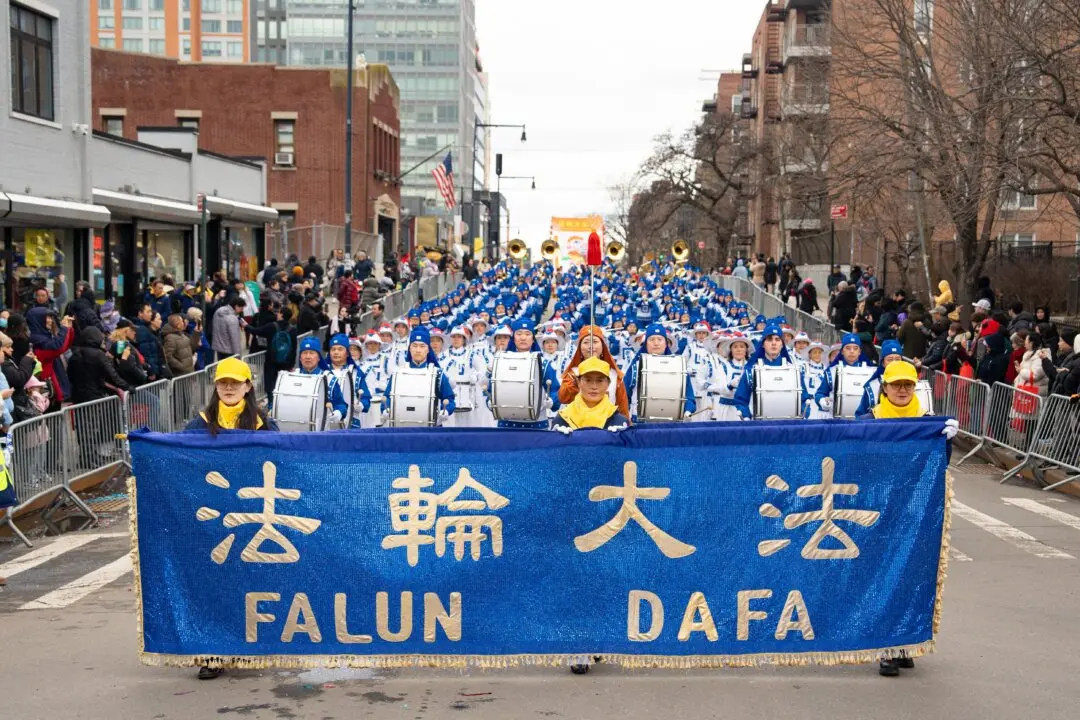The Russia collusion investigation led by then-Special Counsel Robert Mueller was artificially prolonged in the hope that President Donald Trump would move to terminate it and thus be accused of obstruction of justice, according to former acting Attorney General Matthew Whitaker.
Whitaker, who led the Department of Justice (DOJ) between Nov. 7, 2018, and Feb. 14, 2019, said that, in his opinion, the Mueller team acted inappropriately to create an “obstruction of justice trap” for Trump and his officials.




